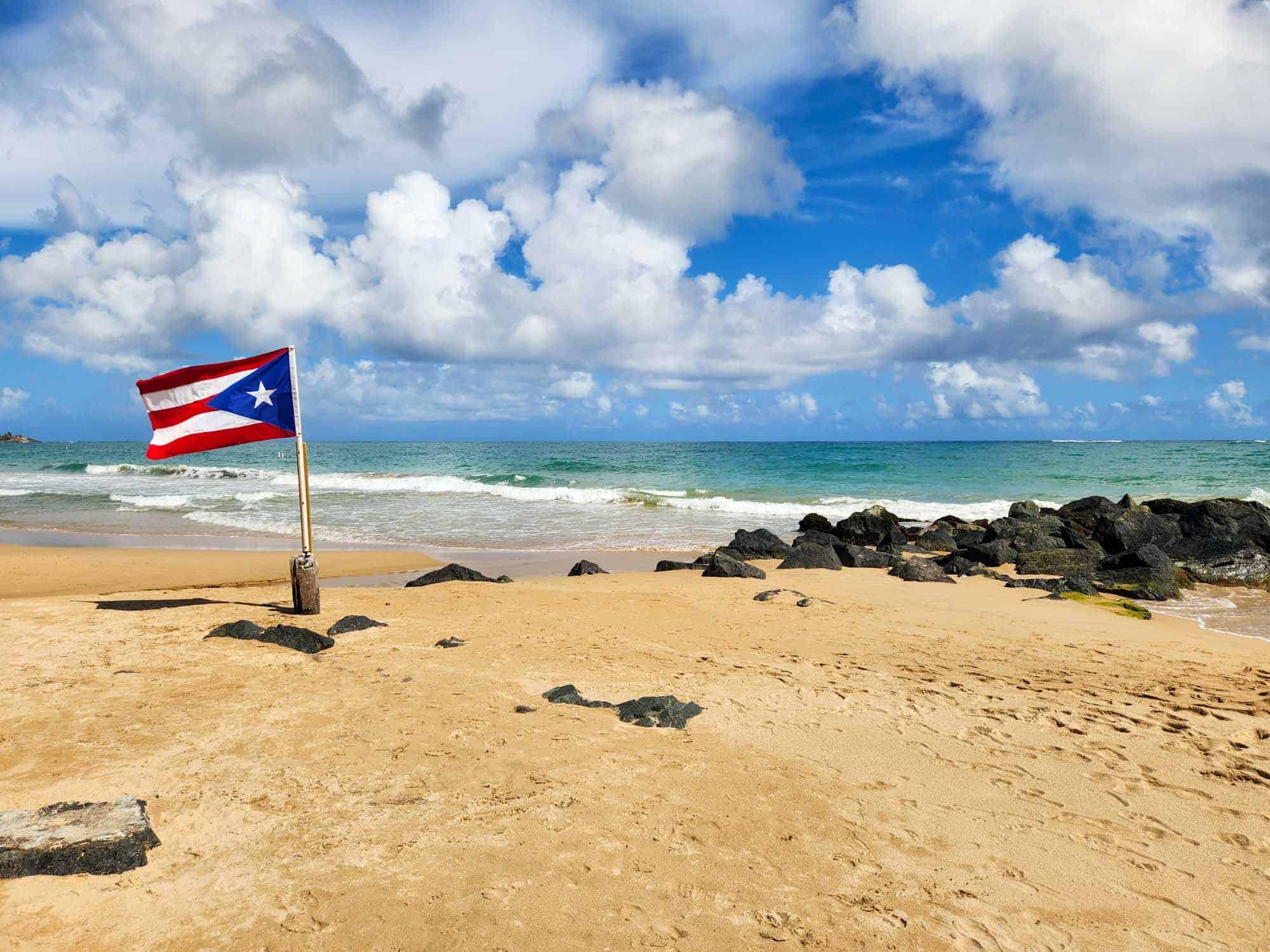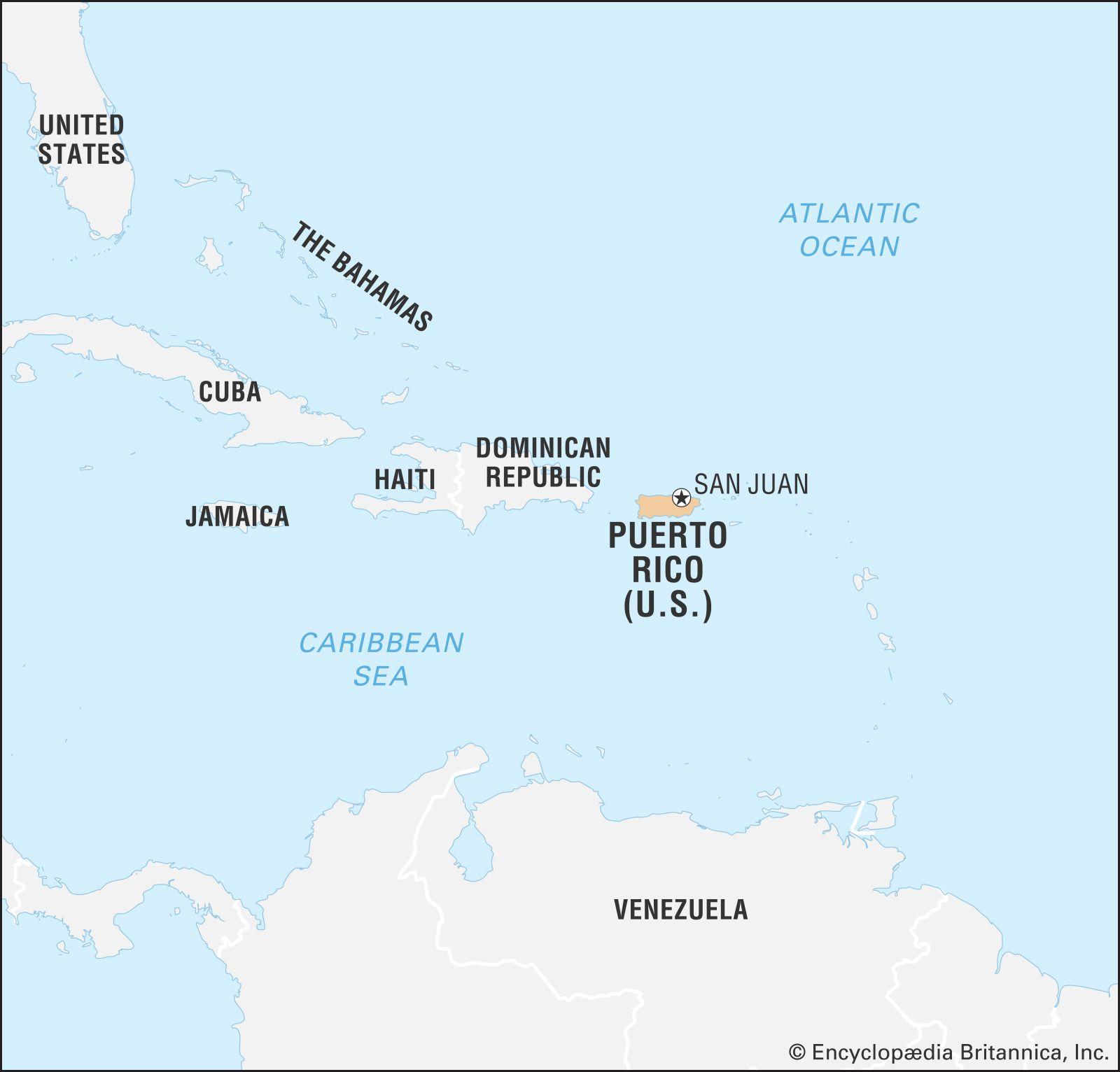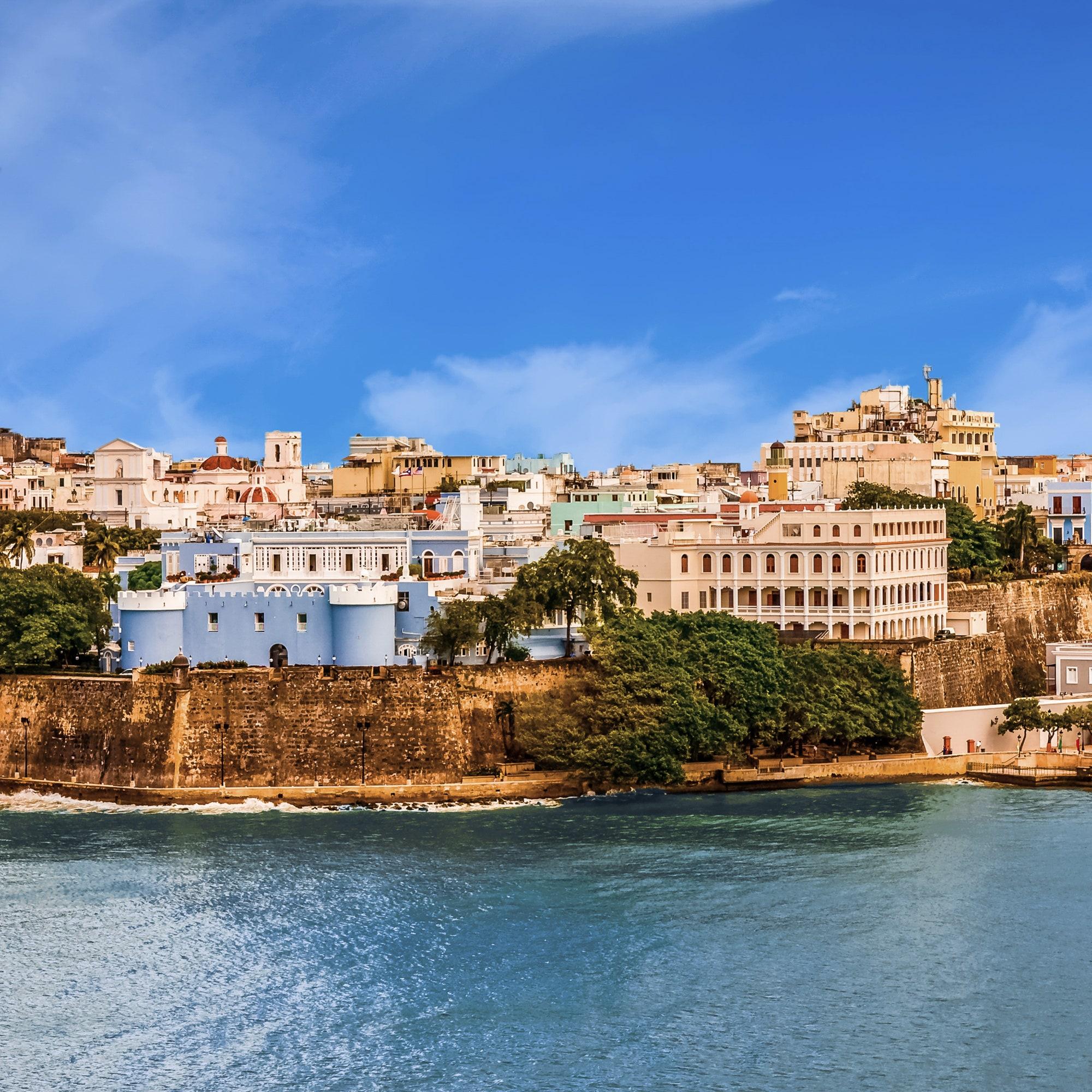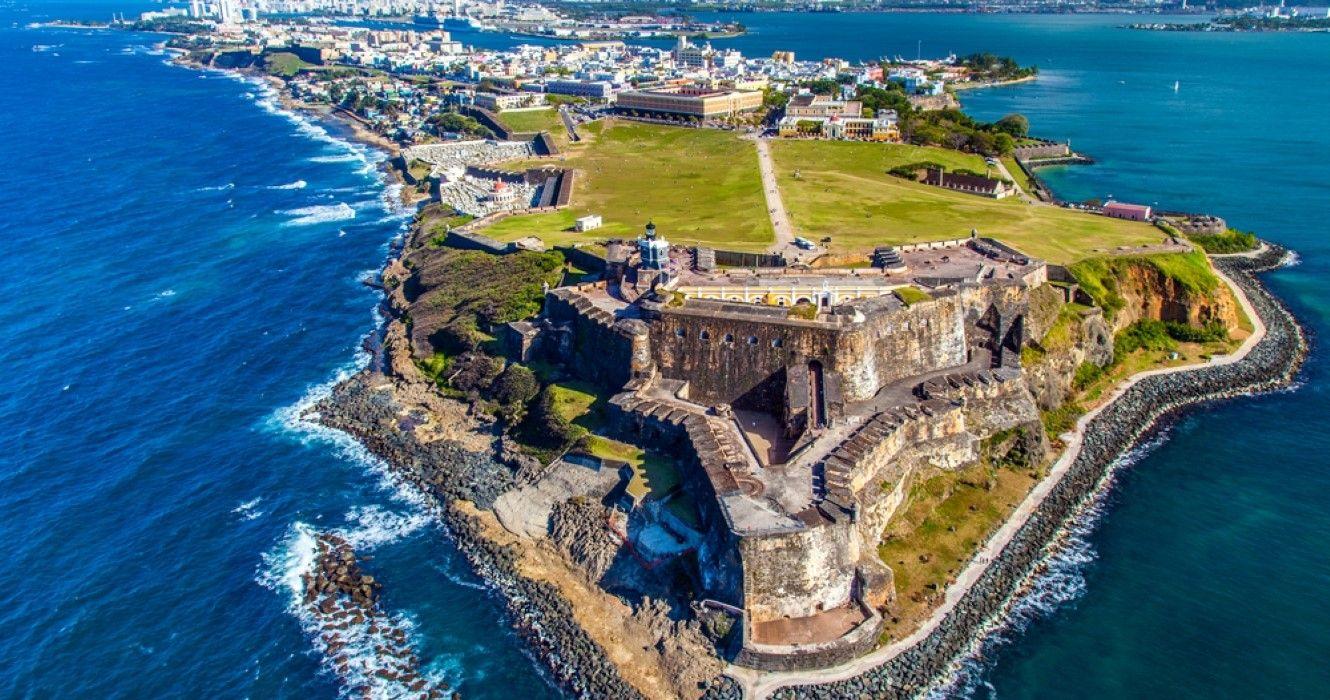Impact on Residents: Life in Darkness and Disruption of Daily Activities
The recent power outage that engulfed Puerto Rico has cast a long shadow over everyday life,leaving residents grappling with the immediate challenges of darkness. Households are left without adequate lighting, making even simple tasks feel monumental. The absence of electricity has disrupted not just the comforts of home, but essential routines as well. With the power grid dysfunction, many are finding it increasingly difficult to manage their daily affairs, leading to a sense of helplessness. Local businesses are also struggling, as they cannot operate without power, further aggravating the already tenuous economic situation on the island.
The restrictions on communication and access to resources due to the outage have left communities increasingly isolated. Without the ability to charge mobile devices, residents are cut off from crucial updates and emergency information. Essential services such as healthcare facilities are grappling with the implications of unreliable electricity, making patient care a daunting task. In many neighborhoods, the inability to run refrigeration units has resulted in food spoilage, exacerbating concerns about food security. as families come together in dimly lit rooms, the ambiance of dread is palpable, highlighting how a loss of power extends far beyond the flicking of a switch, deeply affecting the social and emotional fabric of life in Puerto Rico.

Infrastructure Challenges: Understanding the Causes Behind the Widespread Failure
The recent power outage that plunged almost the entire island of Puerto Rico into darkness offers a stark reminder of the complex infrastructure challenges facing this U.S. territory. Various factors contributed to this widespread failure, highlighting vulnerabilities that have plagued the island’s electrical system for years. Aging technology, which has not kept pace with modern demands, continues to be a meaningful hurdle.Many of the power lines and transformers,left over from a bygone era,are not equipped to handle harsh whether or unexpected surges in demand. Natural disasters, such as hurricanes, have taken a toll on physical assets, with Hurricane Maria in 2017 being the most devastating, further exacerbating the existing shortcomings in the grid. The relentless cycle of repairs and temporary fixes has created a precarious environment, where even minor issues can led to massive outages.
Additionally, the financial constraints faced by the Puerto Rican Electric Power Authority (PREPA) limit the resources available for necessary upgrades and innovations. Mismanagement and corruption within the utility have also undermined efforts to develop a more resilient electrical framework. the lack of consistent investment hampers long-term planning, causing the system to fall further behind modern standards. Economic instability prevents meaningful reform, as residents struggle under the weight of increased costs for unreliable services. Consequently, Puerto Ricans are left facing a precarious situation, where repeated power outages seem almost inevitable, prompting calls for both immediate solutions and sustainable, long-term strategies to address these entrenched infrastructure challenges.

Response Measures: Government and Utility Companies Address the Crisis
In the wake of the widespread blackout that plunged Puerto Rico into darkness, both government officials and utility companies have scrambled to restore power and address the crisis. The Puerto Rico Electric Power Authority (PREPA) has mobilized crews from across the island,working around the clock to assess damage to the grid and expedite reconstruction efforts. With multiple areas reporting significant infrastructure failures,authorities have prioritized repairs in key sectors,including hospitals and emergency services,to ensure the safety of residents. The government has also declared a state of emergency, allowing for the rapid allocation of resources and equipment to areas hardest hit by the outage.
Furthermore, community outreach has intensified as local and federal agencies seek to provide essential support. initiatives include:
- Distribution of bottled water and food supplies to those affected by the blackout
- Establishment of temporary shelters equipped with generators for those in dire need
- Launch of communication campaigns to keep the public informed about restoration efforts and safety protocols
As frustration mounts over the recurring power issues, PREPA has committed to a complete evaluation of its infrastructure and operational practices. Long-term plans are expected to be announced soon, emphasizing the need for modernization and resilience in Puerto Rico’s electricity grid.

Future Solutions: Recommendations for Strengthening Puerto Ricos Power Grid
The recent widespread outages in Puerto Rico have underscored the urgent need for a comprehensive overhaul of the island’s power infrastructure. To bolster resilience against future disruptions, a multi-faceted approach should be adopted. Key recommendations include:
- Investing in Renewable Energy: Expanding solar and wind energy capabilities can reduce dependence on centralized power plants and lower vulnerability to natural disasters.
- Upgrading Transmission Infrastructure: Modernizing power lines and substations will enhance reliability and efficiency, ensuring that electricity can be delivered even during adverse conditions.
- Decentralizing Power Generation: Encouraging microgrid progress allows communities to generate their own electricity, thereby improving local systems’ resilience.
- Enhanced Maintenance and Rapid Response Teams: Almost constant evaluation of the grid’s condition and the establishment of rapid response teams for emergency situations are crucial for timely repairs.
- Fostering Public-Private partnerships: Collaborating with technology firms can lead to innovative solutions for energy management and infrastructure support.
Along with infrastructural improvements, public awareness and educational initiatives are essential for empowering residents to engage with their energy systems. Effective communication strategies can inform citizens about energy conservation practices and encourage participation in local energy initiatives. Furthermore,establishing a transparent governance framework will build trust and accountability between utility companies and Puerto Ricans,fostering a collaborative environment necessary for sustainable energy solutions. implementing these strategies will not only restore power but will also pave the way for a more reliable and resilient electric grid for future generations.
